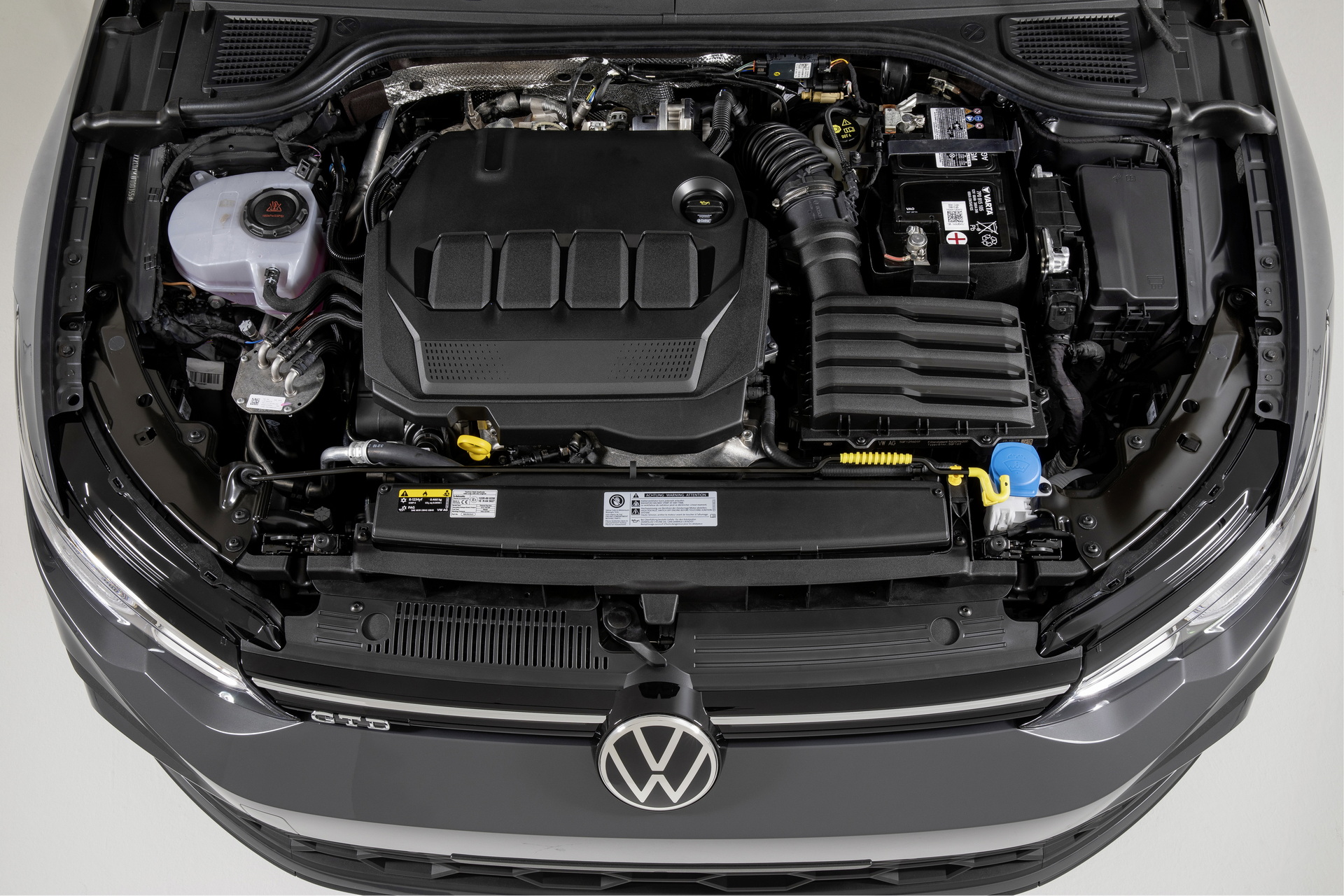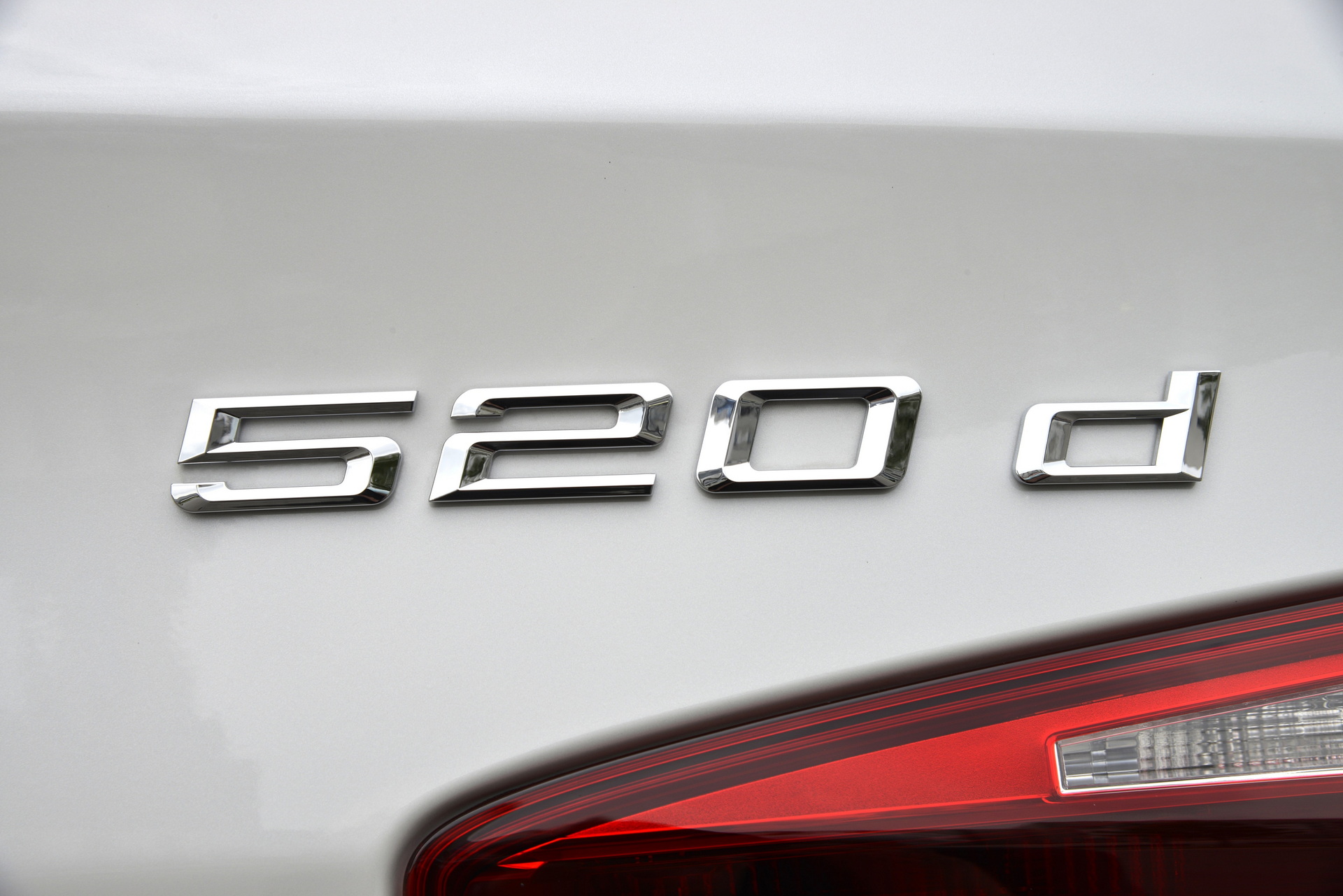The European Commission imposed a fine on Volkswagen and BMW, to the tune of €502 million ($594 million) and €373 million ($441 million USD) respectively, for colluding to curb the use of diesel emissions cleaning technology.
In the case, which is separate from VW’s Dieselgate scandal, Volkswagen and BMW were fined for colluding with Mercedes and not reducing emissions as much as they were capable of doing. It sets precedent in the EU and, although the automakers settled, they have expressed concerns about its ramifications.
Read Also: Renault Charged With Diesel Emissions Deceit, Must Make $24 Million Bail Payment
This case centers around high-level talks held between Volkswagen, BMW, and Mercedes, with the latter alerting the EU to the talks and not facing fines. These talks revolved around setting design standards for AdBlue additive technology that kept the companies from competing with each other.
“This is a first,” European Union antitrust chief Margrethe Vestager said, per Reuters. “We have never had a cartel whose purpose was to restrict the use of novel technology.”
AdBlue tanks were installed on diesel vehicles in order to cleanse nitrogen oxide from their exhaust gases. The problem was that the three companies agreed to keep those tanks smaller than they could have otherwise been.
Prosecutors argued that between 2006 and 2014, the automakers agreed to restrict the size of the AdBlue tanks in their vehicles. That made their use less effective and ultimately led the diesel vehicles to pollute more than they could have. Although unrelated, nitrogen oxide was one of the pollutants that VW’s Dieselgate scandal revolved around.
Although it settled, Volkswagen said it is considering taking further legal action, arguing that the precedent set by this case is questionable.
“The Commission is entering new judicial territory, because it is treating technical cooperation for the first time as an antitrust violation,” Volkswagen said, arguing that the fines came despite no customers suffering more harm than they would have otherwise.
“Today’s decision is about how legitimate technical cooperation went wrong. And we do not tolerate it when companies collude,” argued Vestager.






